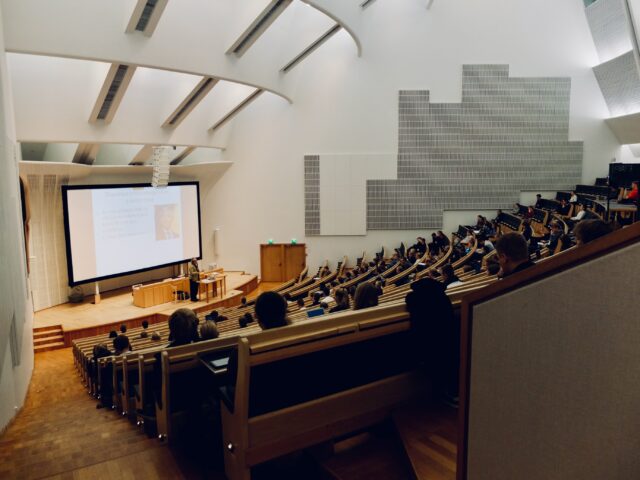Canada’s most selective university programs are becoming more competitive for prospects, reports Joe Friesen of the Globe and Mail, with many top applicants facing rejection despite their high grade averages. Friesen highlights how programs in health sciences, commerce, and engineering are drawing an “avalanche of applications” for limited seats. As a result, universities are relying more heavily on supplementary materials—essays, video interviews, reference letters, and more—to help identify the best candidates. Experts note that grade inflation and application volume are compressing admission standards and intensifying pressure on students, prompting debates about fairness and the future of merit-based admissions

